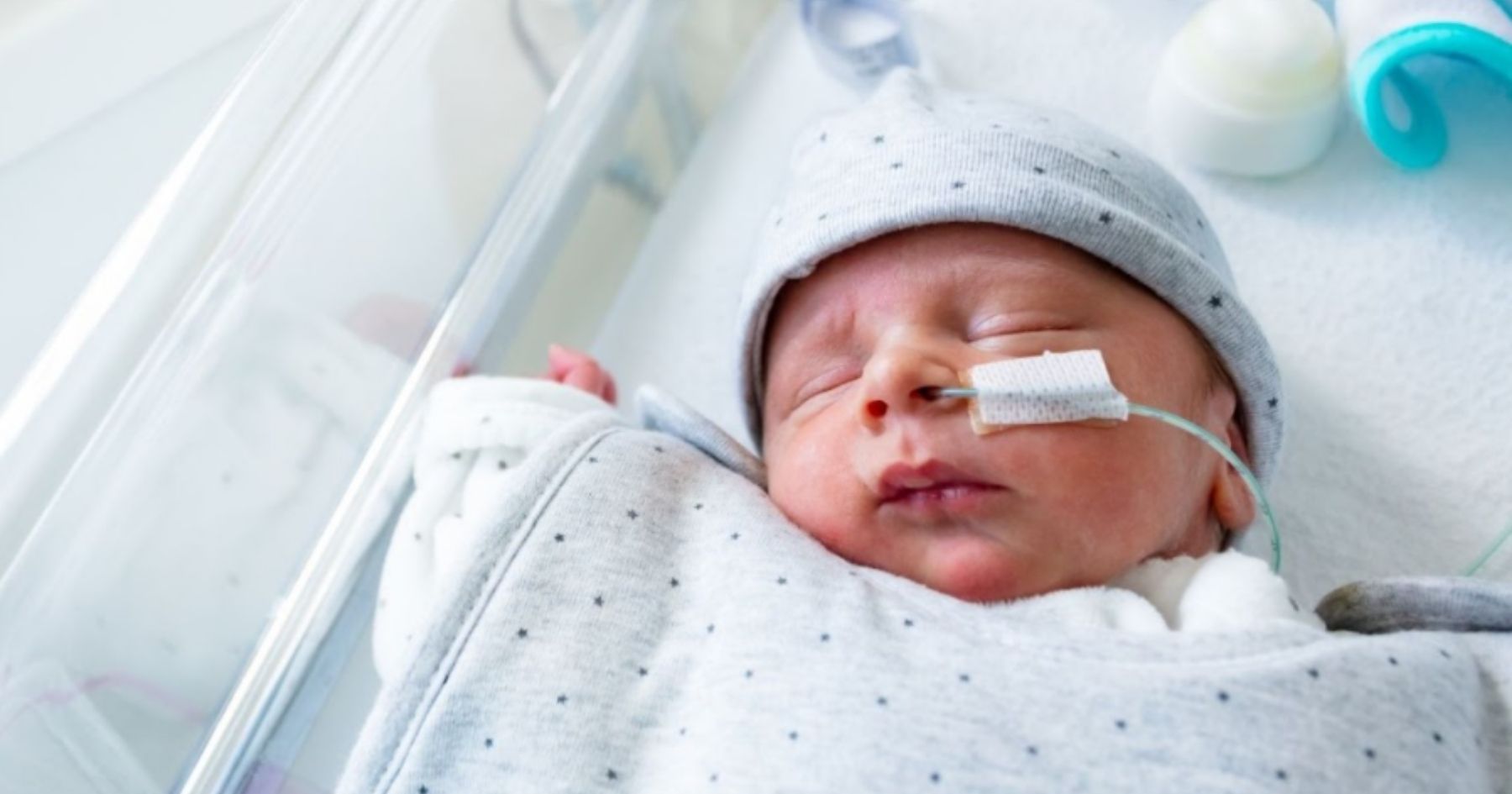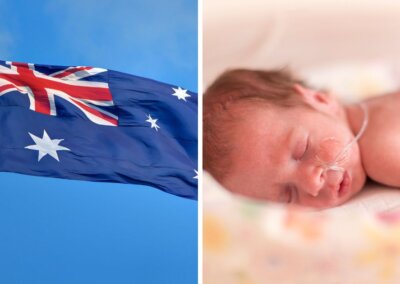A woman from the Shetland Islands has spoken about her experience of being rushed to hospital in Aberdeen by plane to have her baby over two months early.
Andy Thomson is now a happy, healthy three-year-old living with his parents on the Shetland Islands, north of the Scottish mainland. But things almost did not turn out that way when his mother was rushed to hospital at 31 weeks gestation.
In 2017, after routine checks from her midwife, Ann was rushed to hospital. However, Unst on the Shetland Islands did not have the facilities to deal with such a potentially premature birth so she had to be flown to Aberdeen. Her initial flight on Saturday morning was delayed and then cancelled altogether.
Luckily, Ann and her husband Drew managed to make it to the hospital in Aberdeen by the same evening.
“Be prepared”
“When we got back to the ward they put on the monitor and right away they could see that baby’s heartbeat was dropping”, she said.
Ann said they were then told to “be prepared”.
By 11 pm, Ann and her husband were told that it would be safer if the baby were delivered that very evening. And just over an hour later, after an emergency cesarean section, Andy was born and taken straight to intensive care.
Despite the intensity of what had just happened, Ann was reassured to hear her baby crying. “It was very quick”, she said. “But I knew that he was breathing, he was alive and he was okay. He was in the best hands”.
Andy’s parents were only able to meet him properly the next day following recovery. Ann praised the “amazing support” given by the medical team in Aberdeen.
“I’m still in contact with a lot of the nurses and some of the mams”, she said.
Babies can be aborted up to birth if they are disabled
It is becoming more and more common for babies born before the abortion limit in Britain to survive. However, under the abortion law in the UK, if Andy was disabled, it would have been lawful to end his life by abortion not only at 31 weeks gestation, but right up until birth.
Last month, Northern Ireland MLA Paul Givan had his bill, which would limit abortion on the grounds of disability, pass its second reading. The Severe Fetal Impairment Abortion (Amendment) Bill proposes removing the current grounds in the abortion regulations that were imposed on Northern Ireland by the British Government in 2020, which allow abortion for babies with disabilities including Down’s syndrome, cleft lip and club foot.
It is not uncommon for such premature babies to have disabilities of one kind or another, but they can, and often do, go on to lead normal lives. In October last year, another severely premature baby was born in Scotland almost 2 weeks below the abortion limit. Sofia Viktoria Birina weighed only 500g, but by February this year she was healthy enough to be sent home with her parents.
Baby Andy and baby Sofia are not alone. A study, published in the Journal of the American Medical Association in October 2019, followed 2.56 million babies born in Sweden between 1973 and 1997, around six percent of whom were born prematurely.
Researchers compared the health data of the premature babies to those that had been born at full term. They found that 55% of premature babies had no serious chronic, physical, or mental health issues by early adulthood. This is compared to 63% for babies born at full term.
Additionally, with each passing decade, the odds of survival for a premature baby to adulthood have improved from about 91% of babies born in the 1970s to about 96% of those born in the 1990s.
Right To Life UK spokesperson Catherine Robinson said: “Whilst baby Andy is happy and healthy, there were 3,183 disability-selective abortions in 2019. Many of these could have taken place at 31 weeks, the gestation at which Andy was born, or even later. This invidious discrimination has to change”.












